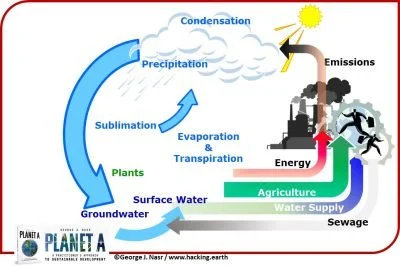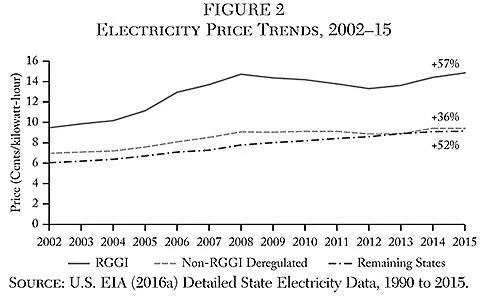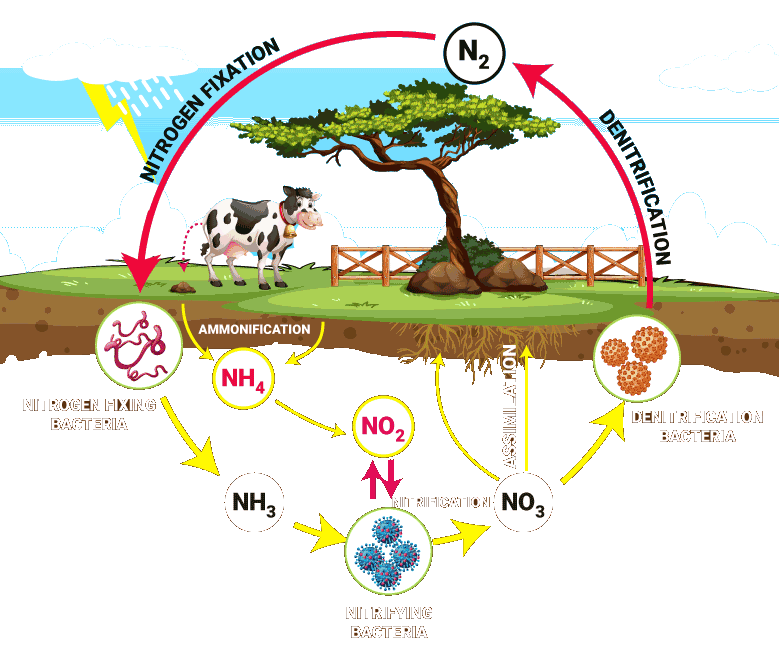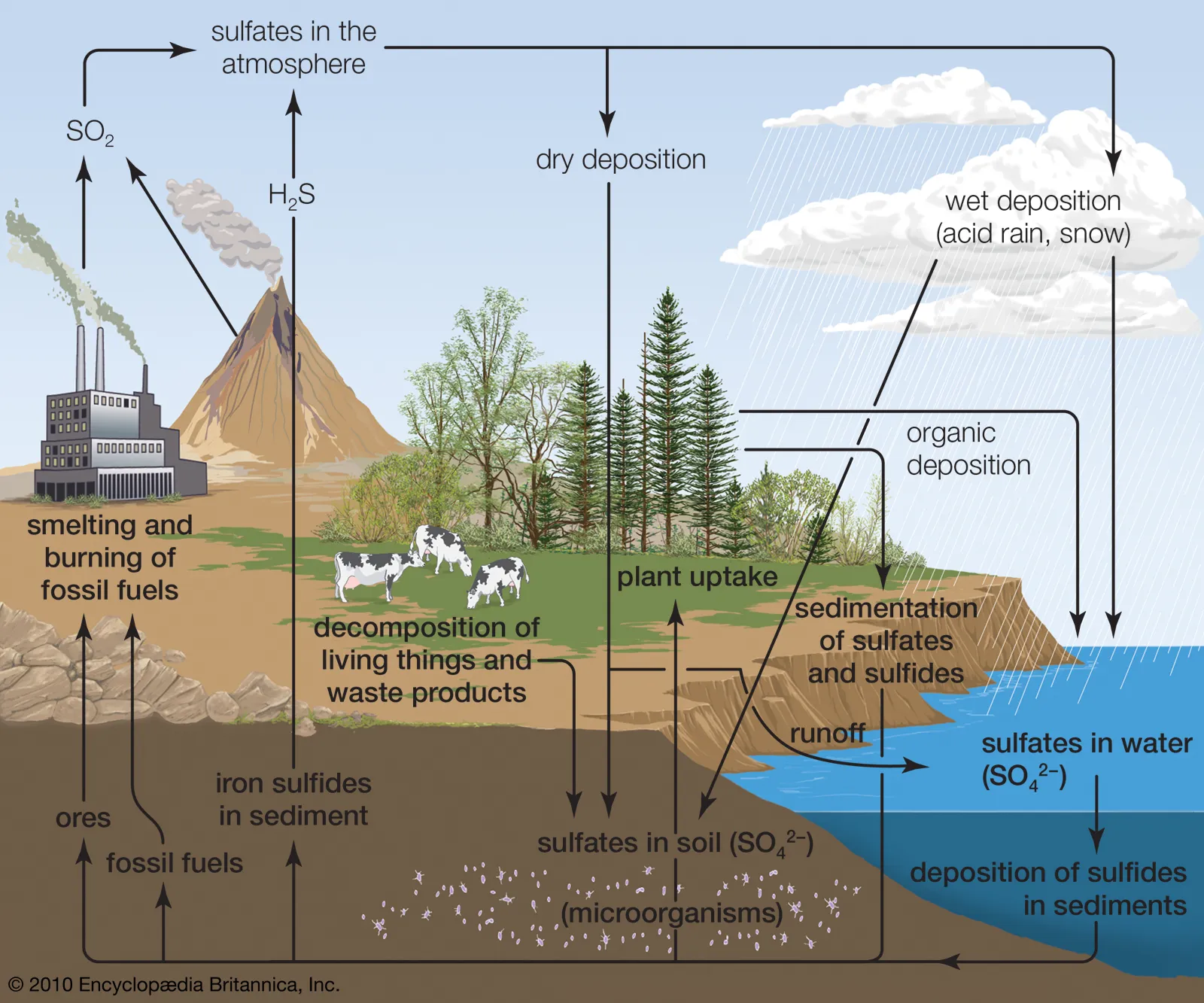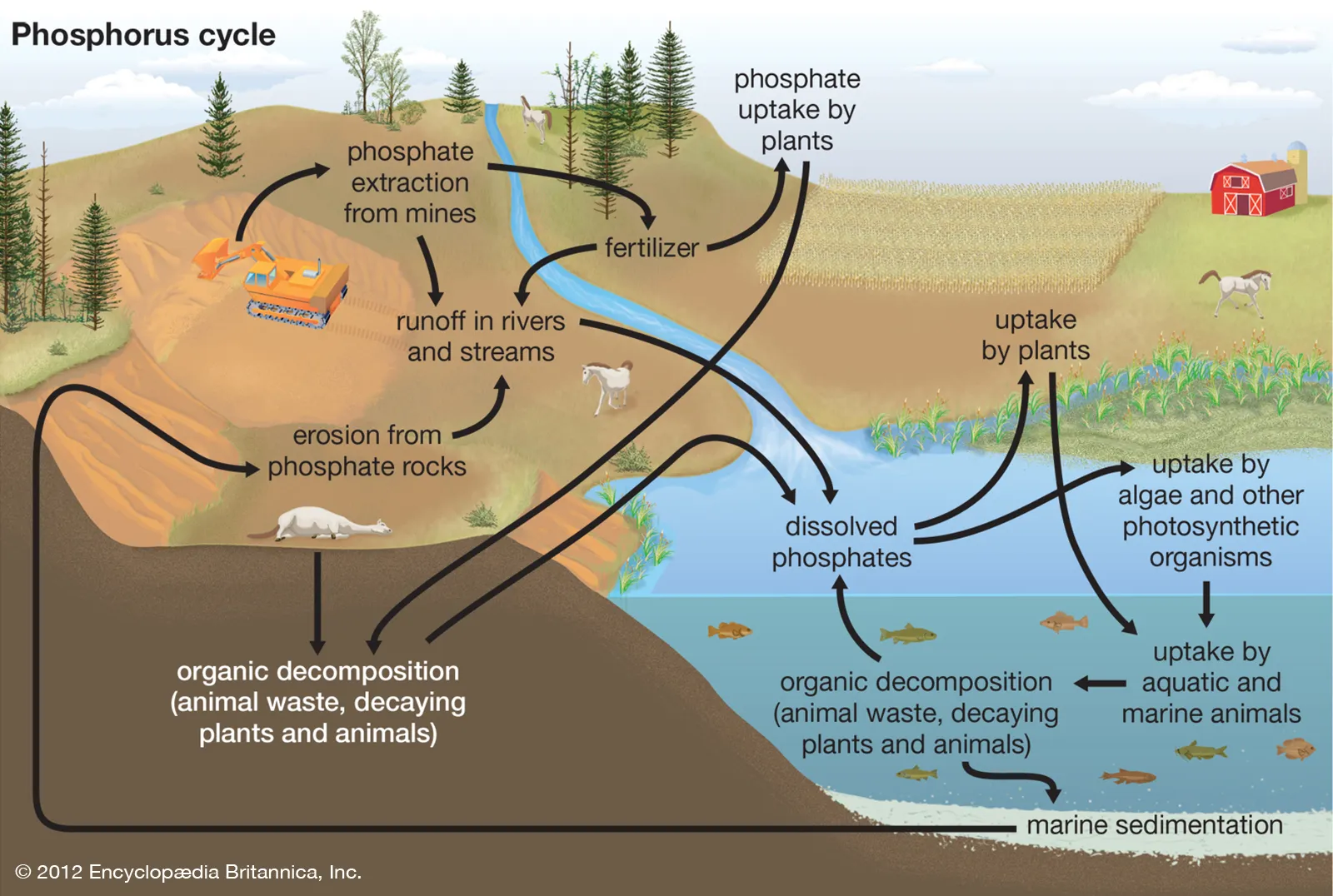Response Measures: Carbon Credits & their Risk
The Water Cycle: Adjusted by Human Activity
Virginia's Youngkin highlights the pitfalls of Carbon Credit schemes.
The scheme Virginia was trying to exit in Apri 2022 illustrates the direct impact of "Response Measures" to the Climate challenge. The controversy highlights how adverse impacts from Climate Change may pale in comparison with the adverse impacts from the Response Measures themselves.
The risks of Direct Climate Action appear easy enough to understand.
In the case of the Regional Greenhouse Gas Initiative (RGGI), a multistate compact is set up to gradually reduce carbon emissions over several years. Across the participating states, RGGI caps the amount of carbon individual entities can emit, within any given state. To go over their cap, those entities need purchase "carbon credits" from a shrinking pool; the number of available credits is set to decrease over the years.
In theory, this should create incentives for the "entity" to reform and "decarbonize" its process.
In practice, the "entity" simply passes the costs down to the customer.
Virginia: Electricity Price Trends
In Virginia, as in other places that implemented the scheme, the results are limited. This is foreseeable; in the best of worlds, technical progress is slower than we'd like to assume, so there's no incentive (nor possibility) to make the necessary investments. For this reason, Virginians electric bills increased, and "the combined pricing impact resulted in a 12 percent drop in goods production and a 34 percent drop in the production of energy-intensive goods", while Virginia increased doubled the amount of power it imported from other states.
No wonder Virginia chose "to step away from the status quo and current path of energy policy that forces a transition without consideration to impacts"....But the scheme itself was not the problem. The issue is simpler.
There is no "silver bullet" to “Climate Action”
Solutions that focus solely on the economy miss the larger picture, especially when politics messes things up. Fundamentally, schemes like this consider carbon to be a pollution. This has to implications: policy and engineering
The issue is that, fundamentally, schemes like this consider carbon to be a pollution. This has to implications: policy and engineering
For policy, carbon becomes a poison, a pollution to be avoided at all costs, rather than an business risk to be mitigated. In Virginia, the program apparently shifted jobs to non-participating states; in a unrestricted trade environment, it is similar to how environmental regulation shifted many industries to Mexico and China.
But that could be due to other causes; the real problem is elsewhere. Treating Carbon as a pollution ignores a fundamental, physical truth.
Carbon is Life
To an engineer, the main issue is not that we are emitting carbon. The main issue is that we are messing up with the Carbon Cycle. The Carbon Cycle is an indication of our interference with Earth's energy flows.
As we mess with the Carbon Cycle, we also mess-up other key biogeochemical cycles that life depends on; the Water Cycle, the Phosphorus Cycle, the Nitrogen Cycle, the Sulfur Cycle... Whatever it is, the way you tell your story online can make all the difference.
We just need to stop messing-up the Carbon Cycle
We can do that by both management and technical innovation, with energy efficiency and a balanced power grid, renewable energy sources, small modular nuclear reactors, Carbon-Capture and Storage, Enhanced Oil Recovery...
It's an engineering problem. Not an "economic" problem. Not a "social" problem. And definitely not a "geo-engineering" problem; we merely need a way to minimize some of "outputs", and change some of our "inputs". Earth will help us.
We only need to meet Earth halfway.
